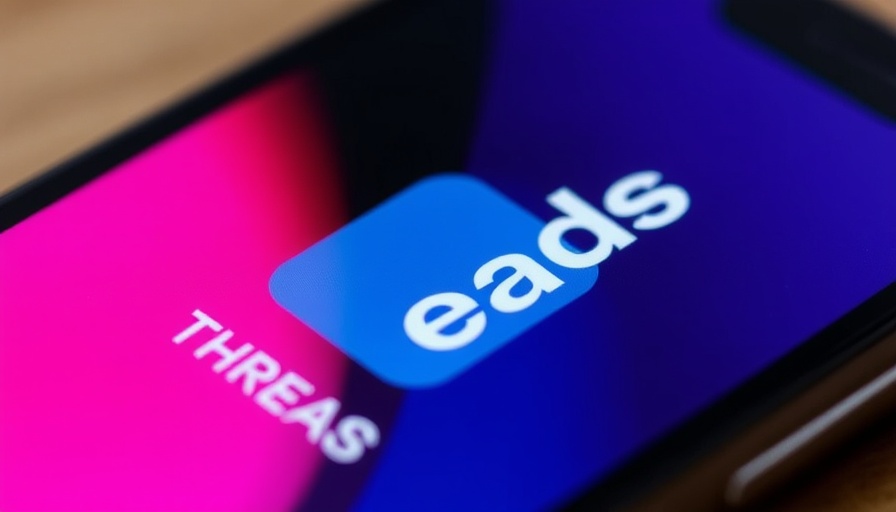
Apple's Alert to Iranian iPhone Users: A Call for Awareness
In recent months, Apple has taken a noteworthy step by notifying over a dozen Iranians that their iPhones had potentially been compromised by government spyware. This revelation, reported by Miaan Group, a digital rights organization, highlights the ongoing cybersecurity challenges faced by activists within the country. With a history of political struggles, many of the notified individuals have been victims of the oppressive measures exerted by the Iranian regime.
The Threat Landscape: Understanding Spyware in Iran
The type of spyware used in these attacks remains unknown, but experts speculate its connection to instances of government surveillance, particularly targeting political dissidents. Amir Rashidi, the Miaan Group's director, emphasized that many victims have a long lineage of political activism, making them prime targets for the Iranian government.
Case Studies Reveal a More Complex Reality
Reports have indicated instances where victims received notifications about spyware in their devices. One particularly poignant case involves a family known for its anti-regime activism, where several members have been executed, illustrating the grim reality of living under an authoritarian government. The decision by victims to opt for silence in investigations, as discussed by researcher Hamid Kashfi, speaks to the fear and repercussions associated with such intimate governmental overreach.
Apple's Response: A Broader Context of Cybersecurity
This action by Apple is not isolated but forms part of a global narrative where tech companies are increasingly aware of the threats posed by state-sponsored cybercrime. Over recent years, Apple has sent numerous threat notifications worldwide, alerting individuals in more than 150 countries of potential spyware attacks. This commitment to user security contrasts sharply with the responsibility tech companies bear as they navigate the complicated waters of privacy versus security.
The Role of Digital Rights Organizations
Organizations like Miaan Group and AccessNow play a crucial role in supporting victims of cybercrime. Their outreach and helplines provide much-needed assistance for those who have received security alerts from platforms like Apple. Such organizations help to bridge the gap between technology companies and users, ensuring that digital rights are upheld in the face of governmental overreach.
Implications for Global Cybersecurity
The use of government spy programs like NSO Group’s Pegasus highlights a global trend, with similar surveillance efforts reported in countries including India, El Salvador, and Thailand. This pervasive use of spyware raises questions about how countries uphold civil rights amidst the expanding capabilities of technology.
A Call for Vigilance and Action
As technology continues to evolve, so too do the threats posed by malicious entities. Users must remain vigilant regarding the security of their devices, understanding that they are not just passive users of technology but active participants in a digital ecosystem that can be perilous without the proper precautions.
In conclusion, the situation faced by Iranian iPhone users serves as a cautionary tale for global citizens about the potential repercussions of digital surveillance. Awareness, education, and proactive measures are essential in combating this growing threat.
 Add Row
Add Row  Add
Add 



Write A Comment